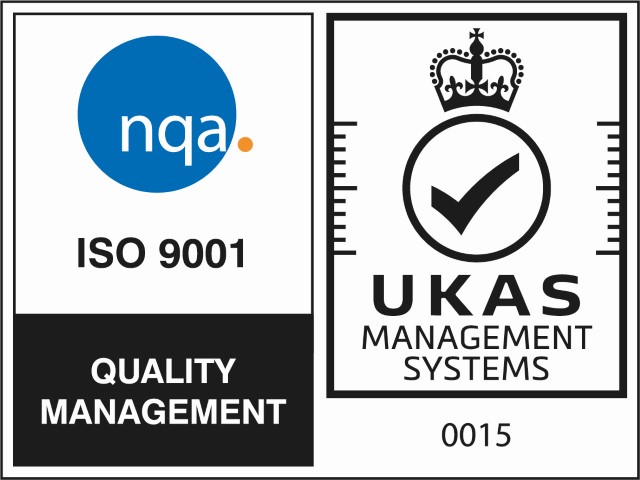You should always have a property survey carried out by a professional chartered surveyor before purchasing a property. A survey assesses the property’s condition, highlights defects, and evaluates any costly issues. But a survey is not just a structural check, it also ensures you pay the right amount for your property as any defects will impact your property’s value.
If your survey does not reveal any issues with the property then you can proceed with the purchase. If your report uncovers issues that you were previously unaware of, however, you can follow in the footsteps of our previous clients and use these findings as a bargaining tool to negotiate the price of your property to better reflect its value.
If your survey uncovers previously unknown serious issues, you are well within your rights to reduce your offer to cover the cost of rectifying the defects as you are not legally bound to buy the property and the value of the property is dependent on the results of the survey.
Your offer is STC, or subject to contract, which means that the buyer and seller have agreed on a price for the property but the final contract is yet to be signed. This means you can still change your mind and negotiate property price following the results of the survey.
(Of course, if your survey uncovers many severe faults you may also decide that the property is not for you and choose to completely pull out of the sale altogether.)
The best way to negotiate with the vendor or estate agent is simply through being honest about your survey results and the costs to fix the defects. You should state that the RICS building survey has identified issues that you were unaware of when you first made the offer and that you expect these issues to be addressed.
You need to get quotes from independent contractors who can further investigate the issues and provide an estimated cost of repairing them. Then share these quotes with your estate agent and vendor, along with the list of specific defects found by your surveyor and what you believe is a more appropriate offer.
You can negotiate for the property price to be lowered to take into account the cost of fixing these issues yourself or maintain the asking price but request that the seller fixes the problems found in the property before proceeding with the purchase with evidence that the work has been completed to a high standard.
The vendor will then consider discounting the property at a fair price in line with the cost of work that is needed or they may decide to carry out works themselves.
Whether the vendor offers a discount and the size of discount you receive can depend on any number of factors including how much the seller wants and needs to sell, how well you can negotiate, and the level of compromise between both parties.
If you’re buying in a market where properties are in high demand, the seller will be in a better position strategically and could refuse to offer a discount. The seller may have limitations as to what they can take off the asking price as they may also be buying their own property. On the other hand, the vendor may want a quick resolution as finding a new buyer can take time and money.
You should also consider what you will do if the vendor refuses to negotiate. How much do you want this house? Would you still pay full price for it? Can you afford to rectify the property without a discount? How much will you be saving in the long run? Is it worth it? During your negotiations, remember that a house is only worth what someone is willing to pay for it.
This article demonstrates how truly indispensable a property survey is, not only in assessing the condition of your property but in checking for defects and making sure you are paying a fair price for it.
We hope these tips are useful for negotiating the price of your property. Get a quote or book a property survey with Allcott Associates today and you could save thousands on your new home. Good luck with your negotiations!











